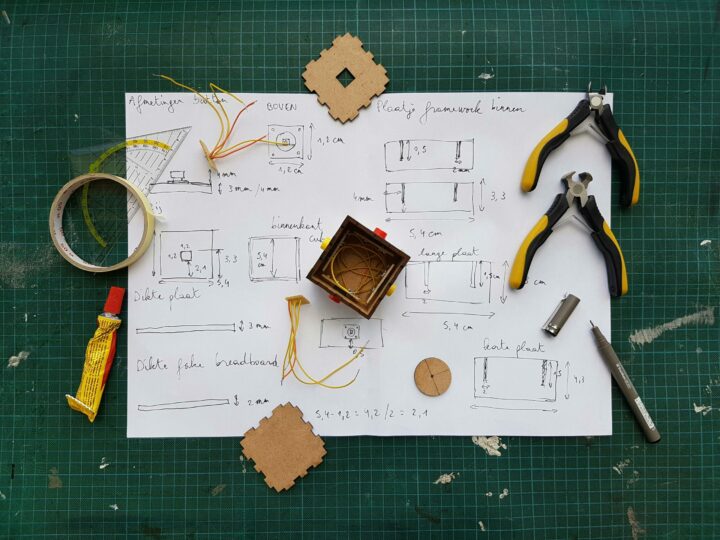The following contribution is from another author.
Redecorating your home can be a huge undertaking, especially if you plan on renovating the whole interior design, not just one area or room. However, redecorating can help you add extra character and give the place a facelift so you can enjoy living in your home again.
Home renovations, decorating, and DIY are on the rise, and more and more people are adding value by making changes to how their home looks and seeing exactly what is possible in the space that they have.
These tips can help you make sure your next decorating venture or DIY reno comes out exactly as you imagined it.
Prep is Key
Never underestimate the impact prepping your home can have when making any type of change. Let’s say you’re painting the walls. Stripping any debris or loose caulk, plaster, etc., from the walls is a good place to start. Then, removing any existing flaky paint, washing the walls down, and filling any cracks or holes should be carried out before your paint tin is even cracked open.
The more time you spend preparing your walls, the better the finish you will have once you apply the new paint. The same goes for wallpaper, too, or for any type of task you’re undertaking. Always spend time preparing everything as much as possible beforehand.
Look At The Bigger Picture
Chances are, once you start doing one thing, you will notice a myriad of other jobs you want to do as well. This is often because when something looks and feels new, it can highlight defects and imperfections in different areas of the home or items of furniture you might have.
Before you do anything else, step back and think of the impact what you are doing will have. This way, you will be prepared if you change your mind or come across a bigger job. It might be that you need to head out to a flooring store for new flooring because your new paint job in your living room doesn’t work with the existing floor, or you ruined your carpet by spilling paint on it. Always be aware of not only the scoop of the project you are undertaking but the implications of this as well.
Watch Tutorials
Even if you think you know what you’re doing, it doesn’t hurt to check out online guides or tutorials just to give you a refresher. You never know. You might even learn something new. The last thing you want to do is make a mess of the task and have to redo it or call in a pro to get the job done.
You can find many free videos on YouTube that will likely cover what you’re planning to do. Even if it helps you to get organized and allocate all of your tools and equipment before commencing, it will have been helpful. Never start something you are unaware of; always take the time to fully understand what you are doing and know the best way to complete what you are doing.
Safety Equipment
Never start anything without having the correct safety equipment on hand or knowing the dangers of what you are doing. Even for painting a wall. Goggles and masks will help you avoid breathing in paint fumes; having an air source to allow fumes to escape is vital. The same goes for climbing ladders or using any kind of tool.
Know the dangers of the work you are doing and the equipment you need to use and ensure you have the correct safety equipment to avoid damage or injury to the property, yourself, and others around you.
Check For Damage
Lastly, to tie in with the above point, remember to check anything you need to use to complete the work to ensure it’s in good working order. The last thing you want is to get started only to find that what you need to use isn’t fit for purpose or working at all.
Get everything you need, test it, and ensure there is no visible damage or faults that will impact your ability to use it as you need to. Not only will this give you better results, but it can help to avoid delays in the project and damage to yourself or anything else.
Essentially, what this post boils down to is that you need to be aware of the magnitude of the work you’re carrying out and be as prepared as possible. Have all of your equipment ready to go, take your time doing all the necessary prep work before starting, and be confident you can complete the work you have set for yourself. Then, you’re ready to go.

















Normally, every 3 years I will redecorate my house, refresh and change the living space to be fresher.